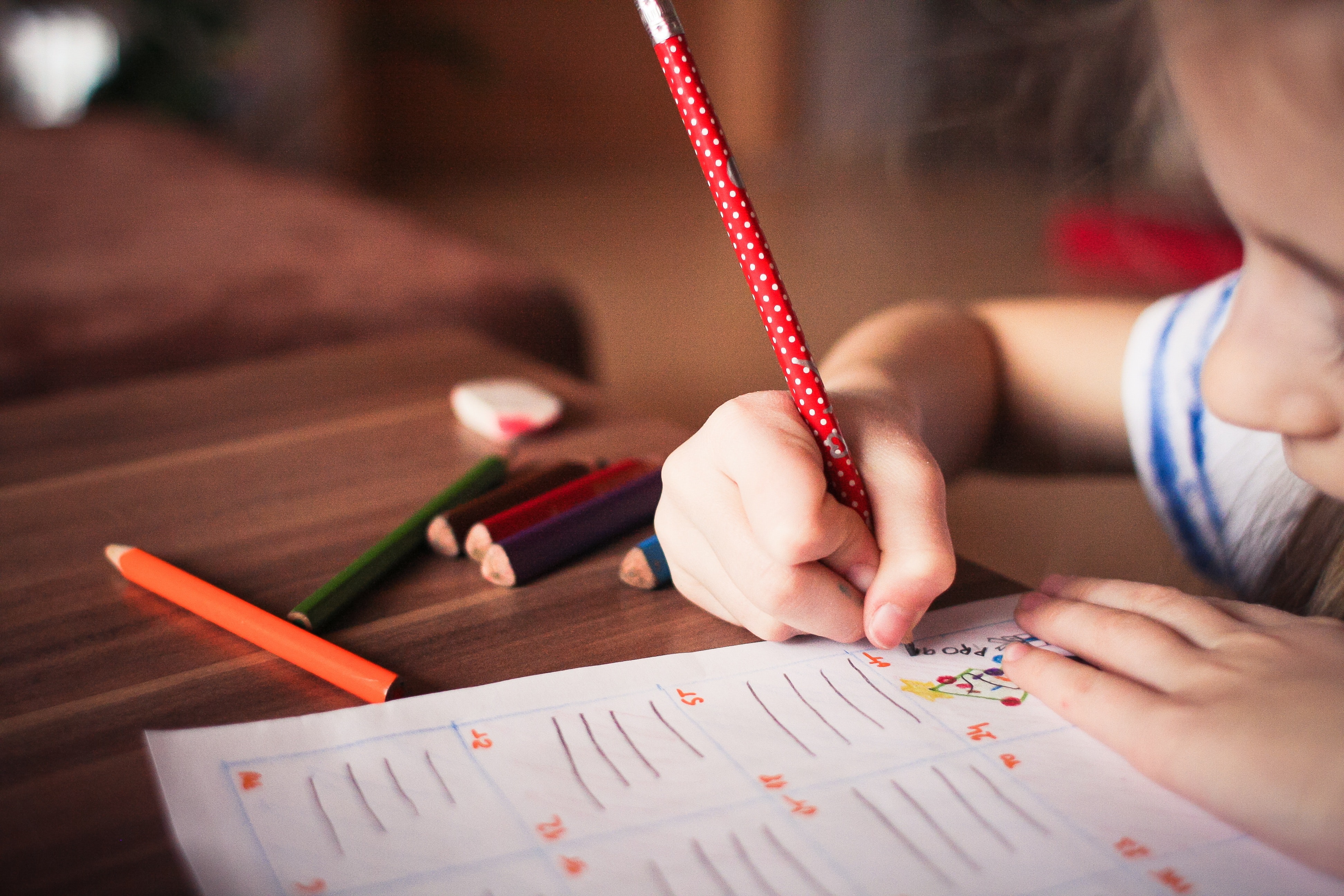School can present challenges for any child in a variety of ways. If your child or a student you teach has attention-deficit/hyperactivity disorder (ADHD), school and homework can become even more of a challenge. ADHD is a condition that emerges in children and is identified by issues with impulse control, attention, and hyperactivity. Fortunately, there are successful ways to help ADHD children deal with school and homework, along with a multitude of resources.
Tips on how to help ADHD children with school
Teachers
Teachers can follow the strategies below to help their students learn. Parents can also use these tips, if applicable.
- Keep rules concise and clear, and go over with the student on a regular basis. Having the student discuss or repeat the rules back may be effective in making sure they understand. Place the rules visibly in the classroom or taped near the student’s desk.
- Have the student sit close to the teacher and away from possible diversions since they are more vulnerable to distraction.
- Prompt feedback (positive or constructive) in response to student behavior is key, open communication can help your student recognize their behaviors and adjust over time.
- Use exciting and new rewards to empower the student in a positive way.
- Authorize recurring physical breaks like passing out handouts or water breaks, and restlessness at their desk (like standing) if it helps them work on their assignments.
- Minimize the child’s overall workload by sectioning the work into smaller segments.
- Try not to overburden the student with information, instead, give simple one or two-step directions.
- Permit the student to keep something tactile, like a massage ball, to keep them focused.
- In the morning, schedule the more strenuous topics when the whole class and especially the ADHD students are less exhausted.
- Show how much time the student has left for an activity using verbal cues, timers etc.
- Match the student with a good-natured and responsible study partner.
- Maintain a positive relationship without alienating a student with ADHD, while their needs might be slightly different, they’re still a regular student attending class!
Parents
Here are a few tips and tricks parents and guardians can use to help ADHD children with their homework and school.
- Restrict clutter, loud noise, diverting visuals, and distractions. Having a time sectioned out for homework and other activities may make it easier to focus on one task at a time.
- A touch on the arm, shoulder or hand while talking to a child can make them more focused.
- Create a school calendar with room for the child to write and organize tasks, and a different one for social activities and after-school programs. This can be done notebook-style or on their phone.
- Create a homework routine: designate an organized and quiet area for them to get work done, schedule regular physical breaks (not T.V.), and start every day at the same time.
- Use color coding to prioritize assignments or apps that can accomplish the same goal.
- Structure social activities to help with anxiety about fitting in with their peers.
- Make sure to check on how medication is working throughout the day and adjust your child’s schedule if need be.
- And again, remember that even with ADHD, these are normal children with the same factors in their lives. Friends, school, extracurricular activity. Find a good balance!
Resources
Besides the tips listed above, there are a variety of resources that can support teachers and parents in their effort to help ADHD children with their education.
After-school programs
According to research from the 2016 National Survey on Children’s Health, children who participated in after-school activities were more likely to have only mild — versus moderate to severe — ADHD symptoms. The benefits in signing up are clear: kids are more likely to be engaging their body and mind, as opposed to watching T.V. all day.
ADHD Wellness Centers
These institutions can offer a range of services, from diagnosis to treatment to ongoing support, and they work to help treat all aspects of ADHD.
Support groups/study groups for kids with ADHD
While cooperative learning can be difficult for children with ADHD, it is still one of the best ways for ADHD children to master curriculum, especially through small, carefully-structured teams.
How to Get an Official ADHD Diagnosis

Almost five percent of Americans have ADHD, with numbers varying…


